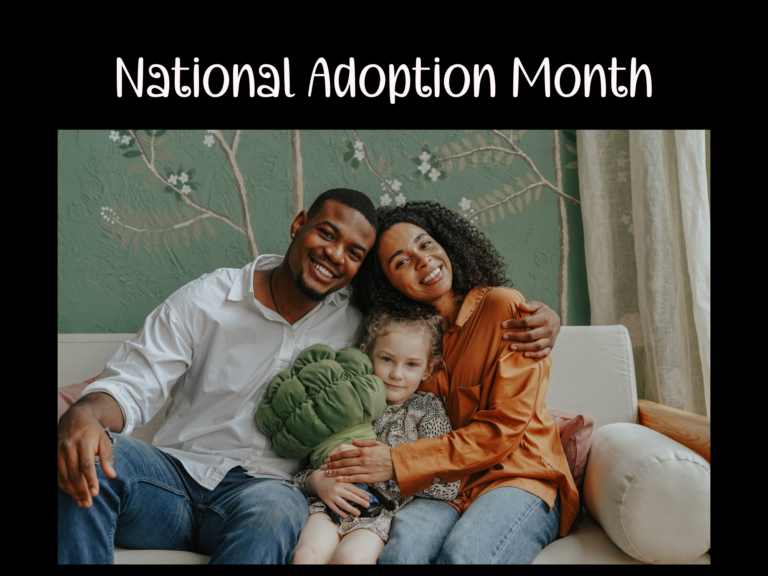
Start teaching your foster child about responsible behavior. As a parent, we are your child's most influential teachers, and our actions and words will significantly impact our children's development.
Respect for others is one of the most important lessons you can teach your foster child. Help your child learn to interact with others in a way that shows consideration and respect. Explain to your foster child why respecting other people and their belongings is vital—teaching them to follow the rules and obey authority figures. Help them understand that there are consequences for not following rules and laws for safety reasons.
Encourage your foster child to be generous and considerate of others. Help them understand the importance of sharing and giving without expecting anything. Unfortunately, children do not enter the world with good manners, willingness to share, empathy for others, respect for other's possessions, authority figures, and a selfless attitude. When children come into foster care, it is not usually because those caring for them are the best examples. There will be quite a few habits to adjust, and being in your home may be the first consistent home they have lived in.
Teaching your foster child responsible behavior will help them develop into happy, well-rounded adults. Parents must teach responsible behavior while a child is young so that by the time they are older irresponsible behavior risks don't evolve into illegal conduct.
Teaching responsible behavior begins at home by setting a good example daily. As a result, foster parents exhibit maturity in dealing with others, reacting to stressful situations, disagreeing with others, making choices, etc.
Foster parents help their foster children become responsible adults by being positive role models. Helping them learn how to think, feel, act responsibly, and pursue their interests without becoming insensitive to the needs of those around them.
Essential character traits are accountability, fairness, honesty, courage, and respect toward self and others. Parents instill these qualities by sharing their foster children's religious and moral convictions. These attributes are crucial for ethical behavior, even when challenging or not materially rewarding.
Responsible behavior is a cultivated trait. It is a characteristic formed over time, based on our life and daily habits. Responsible people behave in their true nature whether or not anyone is watching.
The aspects of responsible behavior that foster parents should highlight to foster children start with respect and compassion because they are the cornerstone for all other aspects of responsible behavior:
*Honesty
*Courage
*Self-control
*Self-respect.
Respect and Compassion: Responsible behavior is impossible apart from respect and compassion toward people and animals. Compassion dictates kindness and an unwillingness to cause suffering intentionally. Respect envelops basic manners and consideration toward others.
Honesty: means telling the truth to others and being honest with oneself. It means making decisions based on fact and evidence, not self-serving motives or prejudice.
Courage: When a person is courageous, they take a position and do what is right, even when there is risk involved. It means facing duties instead of behaving irresponsibly, recklessly, or carelessly.
Self-control: Self-control is the ability to act responsibly and resist inappropriate behavior. It involves sticking to long-term commitments and responsibly dealing with anger and other emotions.
Self-respect: When a child is raised to be honest, courageous, and exhibit self-control, they automatically learn to respect themselves. They discover self-respect as they responsibly respond to people and circumstances and learn to make responsible choices.
And it is self-respect that will hold your child in good stead as they grow, mature into adults, and then perhaps become responsible parents with children of their own to rear.


